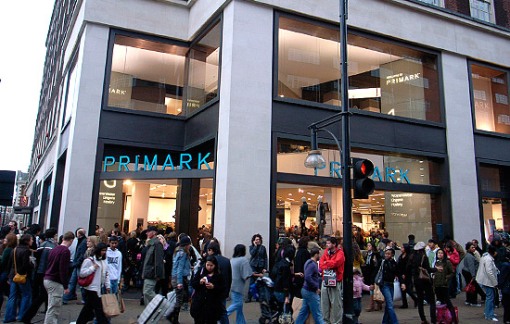 The Department for the Environment, Food and Rural Affairs (Defra) has launched a “Sustainable Clothing Action Plan” co-inciding with the London Fashion Week to highlight the increasing problem of “fast fashion”. Apparently, UK consumers buy around two tonnes of clothes every year, and throw away a massive 1.2 million tonnes of them every year.
The Department for the Environment, Food and Rural Affairs (Defra) has launched a “Sustainable Clothing Action Plan” co-inciding with the London Fashion Week to highlight the increasing problem of “fast fashion”. Apparently, UK consumers buy around two tonnes of clothes every year, and throw away a massive 1.2 million tonnes of them every year.
Rapidly changing fashion trends means that many consumers have to keep on buying new clothes to keep their wardrobe up-to-date and to compete with their friends and peers. This means that new clothes are worn only a few times and as trends change, are then consigned to the bin.
Of the two million tonnes of clothing bought every year, only 300,000 are recycled. If the majority of the clothes are worn only a couple of times, surely more of them can be recycled. Due to the current economic crisis, donations to charities has dropped. Consumers are cutting back on their spending. If more clothes that are in a good condition are donated to the charity shops, they can then sell them on to consumers looking for a bargain which results in a win-win situation. The charity shops get their revenue, consumers can bag a bargain and there are less clothes ending up in the landfill site.
One of the reasons why consumers can afford to keep on buying new clothes and then throw them away is partly due to ready availability of cheap fashionable clothes on the high street. However, many fail to see the real story behind the cheap price tag. An investigation by BBC’s Panorama last year revealed how Primark’s suppliers used factories with unfair standards and also child labour to provide the consumers on the high street with cheap fashionable clothing.
Jane Milne, who is the business environment director of the British Retail Consortium, said that retailers should be “applauded, not criticised, for providing customers with affordable clothing, particularly during these tough economic times”. Sure, if the low prices are due to a better, more efficient production technique. But not if someone less unfortunate than us halfway across the world is subsidising the cost for us by being exploited and made to work in unfair conditions.

